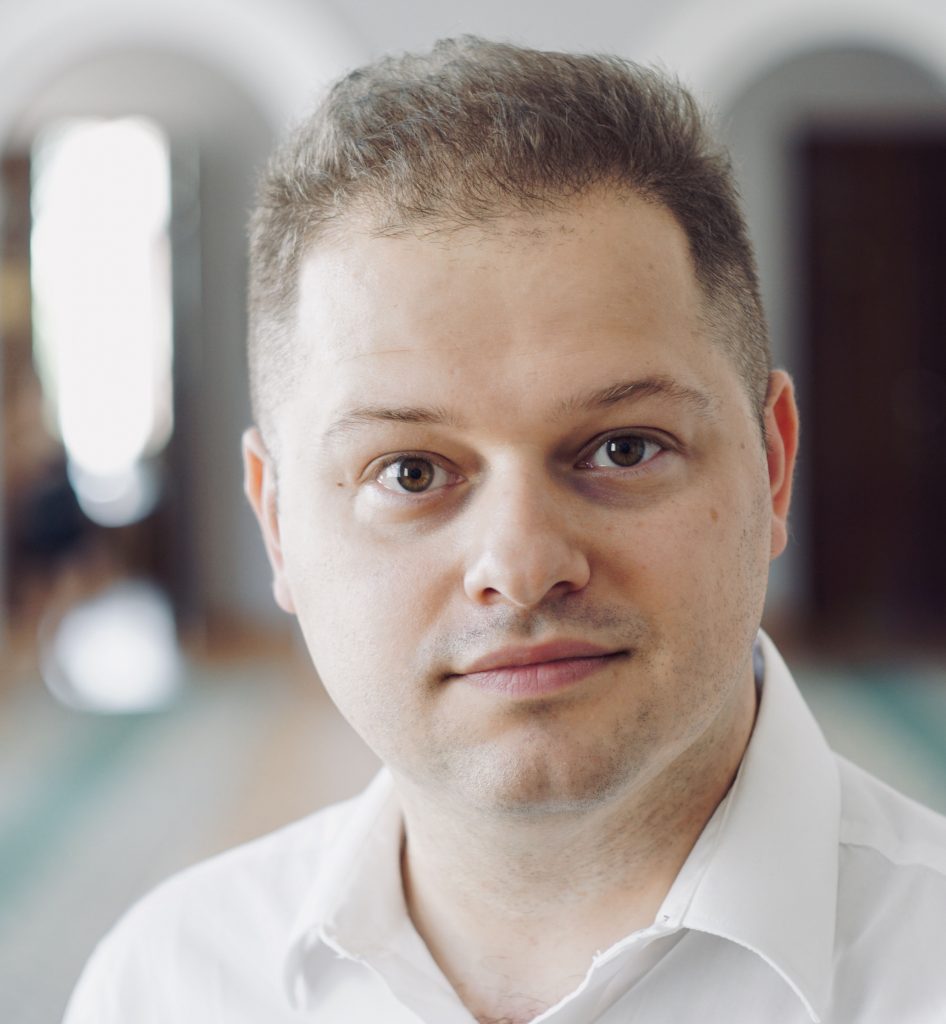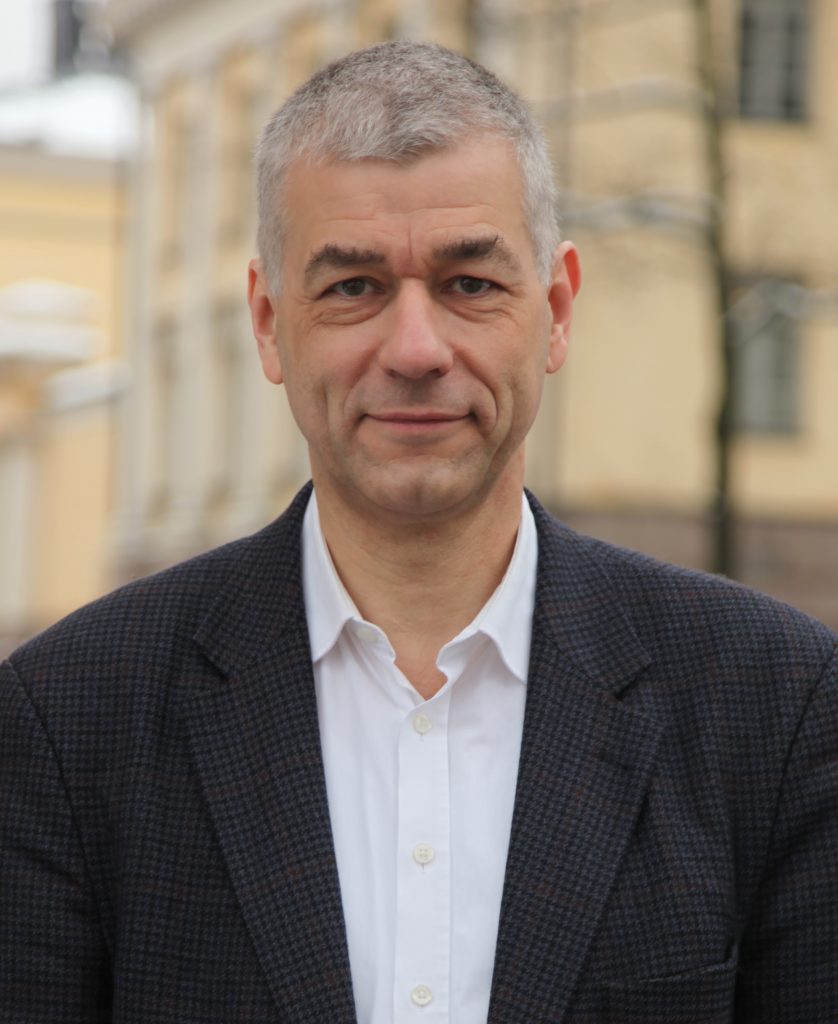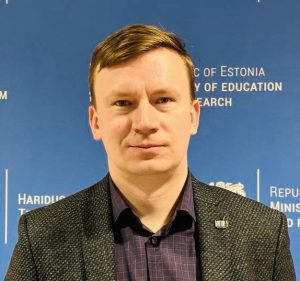Restricting Religious Names: Three Recent Cases

Dmytro Vovk is a visiting associate professor at Benjamin N. Cardozo School of Law.
The name of a religious group is usually considered an aspect of its autonomy. The name can be based on religious history and theology and serve as the group’s self-representation to its members, the public, and the state. Other posts in this blog series discuss how, from the perspective of freedom of religion or belief (FoRB), a religiously neutral state can interfere in naming for non-religious reasons, such as protection of intellectual rights, prohibition of morally inappropriate or pejorative names, or prior use of the names by other religious organizations. These restrictions apply similarly to religious organizations and to NGOs, political parties, and even business corporations alike.


